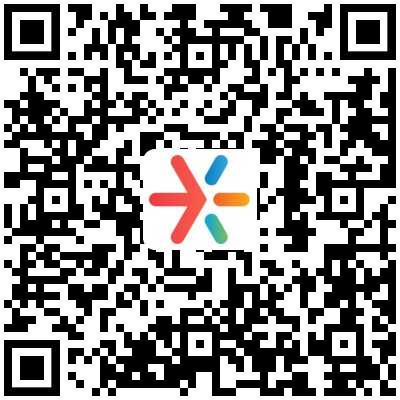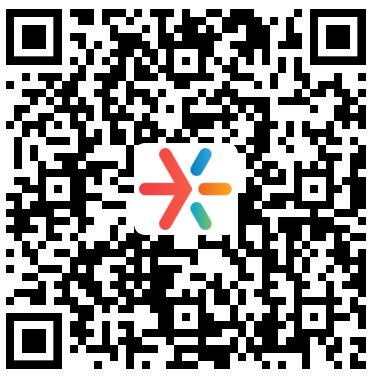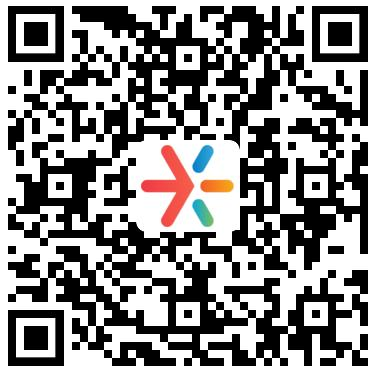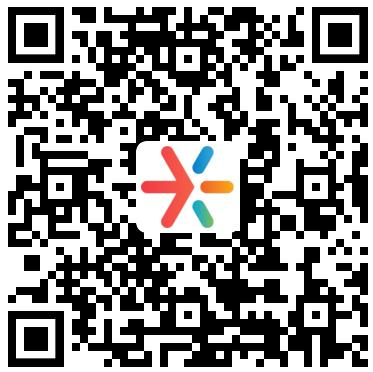American Computer Science League (ACSL)
One of the oldest computer science Challenges with 46 years of history
Approved by the National Association of Secondary School Principals (NASSP)
Authenticated by the Computer Science Teachers Association
Sponsored by Google, ADOBE and other advanced technology companies
Based on cumulative team scores, top teams are invited to ACSL ALL-Star
4 different levels suitable for students from Grade 3 to 12
Past papers are available for preparation
December, 2024 - August, 2025
Introduction

ACSL organizes computer programming and computer science contests for K-12 schools, organizations and local groups. The 2023-2024 school year will be our 46th year of continuous operation! Last year, about 8,000 students the United States, Canada, Europe, and Asia participated in the regular season competitions. ACSL is on the approved activities list of the National Association of Secondary School Principals (NASSP). ACSL is also an institutional member of the Computer Science Teachers Association.
Official Website: www.acsl.org
Challenge Rules
Language:
English
Consist
- Round 1 (Top 65% enter Rounds 2-4)
- Rounds 2-4
Date
- Round 1: 15 Dec, 2024
- Round 2: 15 Feb, 2025
- Round 3: 16 Mar, 2025
- Round 4: 19 Apr, 2025
Location
Online
Programming Language
Any programming language you are good at
Competitors:
Elementary: students from grade 3 to 6
Junior & Intermediate & Senior: 3 students per team (at least 2 students)
Divisions:
- Senior Division is geared to high school students with experience in programming, especially those who are taking a Computer Science AP course.
- Intermediate Division is geared towards senior high school students with computer programming experience, and advanced junior high students.
- Junior Division is geared to middle school students with no previous experience in programming. No student beyond grade 9 may compete in the Junior Division.
- Elementary Division is open to students from grades 3 - 6. It consists 5 questions on a computer science topic such as Boolean Algebra and Graph Theory.
Note: Experienced lower grade students can choose higher level contest. For example, primary school students with good programming skills can choose senior, intermediate or junior contest, and junior school students with strong programming skills can choose the senior contest. However, high school students can't choose lower level contests.
Content
Junior & Intermediate & Senior
- Part 1 (Individual round): 5 multiple choice questions in 30 minutes. 1 point for each question. The full mark is 5 points.
- Part 2 (Team round): 1 programming question in 2 hours, worth 5 points. (All members of the team are required to answer questions and submit answers)
Elementary Division Only Individual written contest: 5 multiple choice questions in 30 minutes. 1 point for each question. The full mark is 5 points.
Grading
- Individual scores: individual multiple choice question scores + individual programming question scores
- Team scores: team multiple choice question average scores + team programming question average scores
National Awards
Individual Awards
- Perfect Score: Get a perfect score in Rounds 2 - 4
- Individual top Scores: top 20% individuals
- Excellence Award: Top 55% individuals
Team Awards
- Gold: Top 10% teams
- Silver: Top 25% teams
- Bronze: Top 35% teams
- Regional Honorable Awards: Regional Top 20% teams
Reward by different levels. Team members who miss one round at most can receive team awards.
All-Star Contest
The winning teams/individuals will be invited to participate in All-Star Contest. The Contest will be held on August, 2025. All the teams will compete in their own division.
The topics that are covered in ACSL Rounds 1-4
Each topic is linked to the page of the ACSL wiki
| Division | Elementary | Junior | Intermediate & Senior Division |
| Round 1 | Computer Number System | Computer Number System.Recursive Functions. What Does This Program Do?- Branch |
Computer Number System.Recursive Functions. What Does This Program Do? - Branch |
| Round 2 | Prefix/Infix/Postfix Notation | Prefix/Infix/Postfix Notation. Bit-String Flicking. What Does This Program Do? - Loops |
Prefix/Infix/Postfix Notation. Bit-String Flicking. What Does This Program Do? - LISP. |
| Round 3 | Boolean Algebra | Boolean Algebra. Data Structures. What Does This Program Do? - Arrays |
Boolean Algebra. Data Structures. FSAs and Regular Expressions. |
| Round 4 | Graph Theory | Graph Theory. Digital Electronics. What Does This Program Do? - Strings |
Graph Theory. Digital Electronics. Assembly Language. |
*Note: The Short Problems topics are the same in the Intermediate and Senior Divisions.The Senior Division problems are more challenging than those in the Intermediate Division.
All-Star Contest
Date
- August, 2025(TBD)
Content
- Primary:20 multiple choice questions
- Junior, Intermediate and Senior: 20 multiple choice questions(written contest),2 Programming problems.
*PS:Subject to the actual number of questions.Primary division only has written contest.
Written Contest
- Elementary:: 60-minute exam consisting of 12 multiple choice questions.
- Junior, Intermediate and Senior:60-minute exam consisting of 20 multiple choice questions. Team members need to answer questions independently
Programming Contest
- Format: 3 students per team (at least 2 students)
- Content: 2 Programming problems scored with 10 points per question. All members of the team are required to answer questions and submit answers. (3 hours)
Awards
- Global Awards(only Individual)
- Gold:Above the score line set by the organizing committee
- Sliver:Above the score line set by the organizing committee
- Bronze:Above the score line set by the organizing committee
- National awards
- Top Scores: 1st, 2nd and 3rd Place Individuals / Teams
- Gold: Top 10% Individuals / Teams
- Silver: Top 20% Individuals / Teams
- Bronze: Top 35% Individuals / Teams
- Honorable Award: Top 50% Individuals / Teams
Grading
- Individual scores: Individual written scores + Individual programming scores
- Team scores: Average team written scores + Average team programming scores
- If there is a tie, the individual/team with the highest score in multiple choice questions will win; if it is still a tie, the individual/team with the higher programming score will win.
- PS: Points from Regular Season are not counted in All-Star Contest
Agenda(The schedule is subject to the day of the tournament)
| Date | Time | Session |
| August 2024(TBD) | 08:30-09:00 | Zoom Debugging |
| 09:00-12:00 | Programming Contest | |
| 12:00-13:00 | Break | |
| 13:00-13:30 | Zoom Debugging* | |
| 13:30-14:30 | Written Contest(multiple choice)* | |
| 14:40-17:00 | Work Presentation* | |
| 17:00-17:30 | Closing + Awarding Ceremony* |
PS:The schedule is subject to the day of the tournament,Elementary only participate in session marked star(*)。
Registration Details
Registration Phase
- The school can apply for partner school and students can directly register via school.
- The registration deadline will last until 2 weeks before exam date of each competitions.
About payment
school can submit the registration form and issue the payment accordingly before the registration deadline.
Computer
- Candidates should bring their own computer for programming competition.
ASDAN EPQ Scholarship
3000RMB/std
Gold
2000RMB/std
Silver
1000RMB/std
Bronze
Noted:The ASDAN Scholarship is only available to Year 10, 11 and 12 students for participating ASDAN Extended Project Qualification(EPQ). EPQ is recommended by the G5 group and many leading universities as a competitive academic experience. Scholarships cannot be exchanged for cash. For further details see:http://www.seedasdan.org/epq/。
Exam Centers
Final Exam Centers
Sample Problems
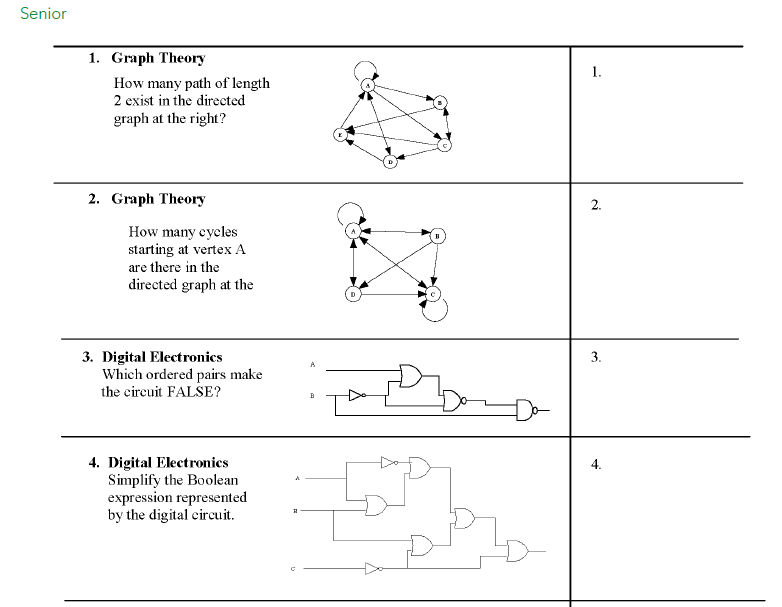
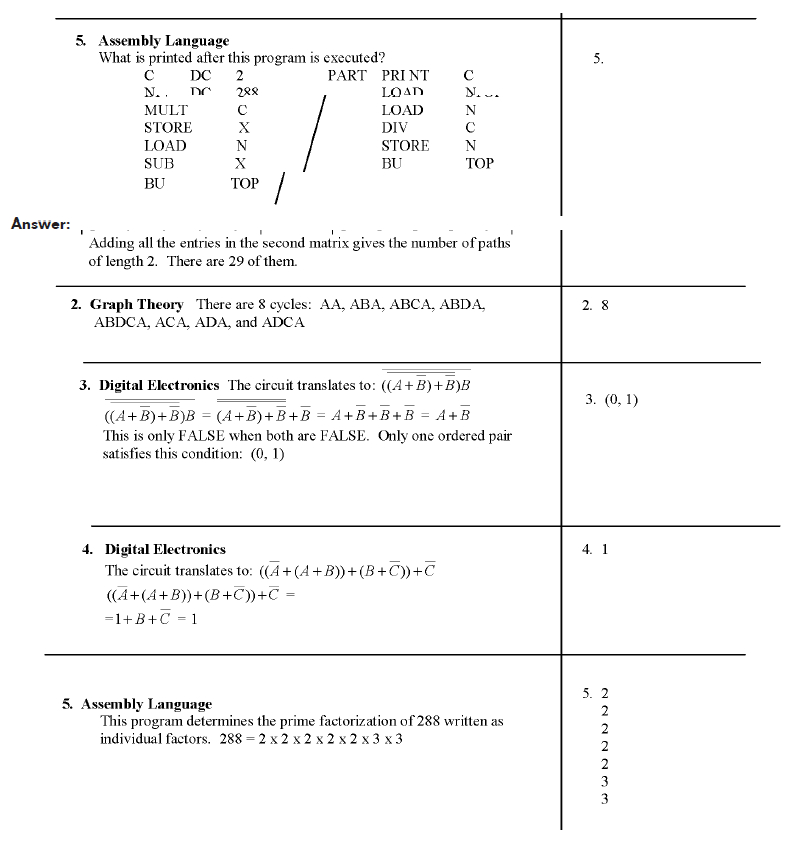
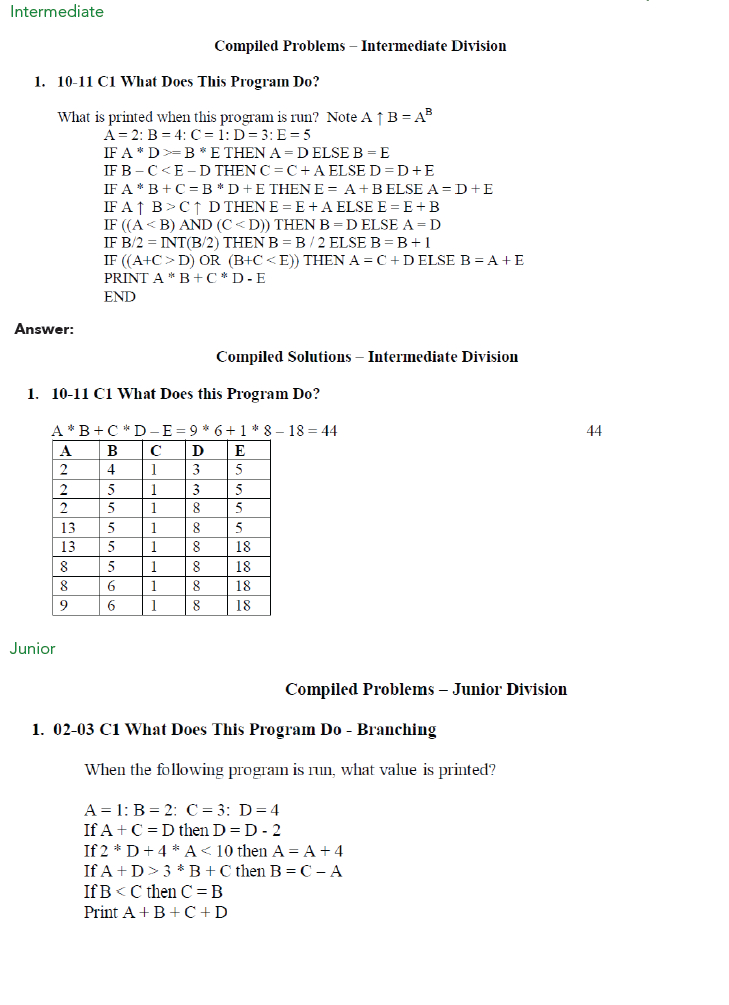
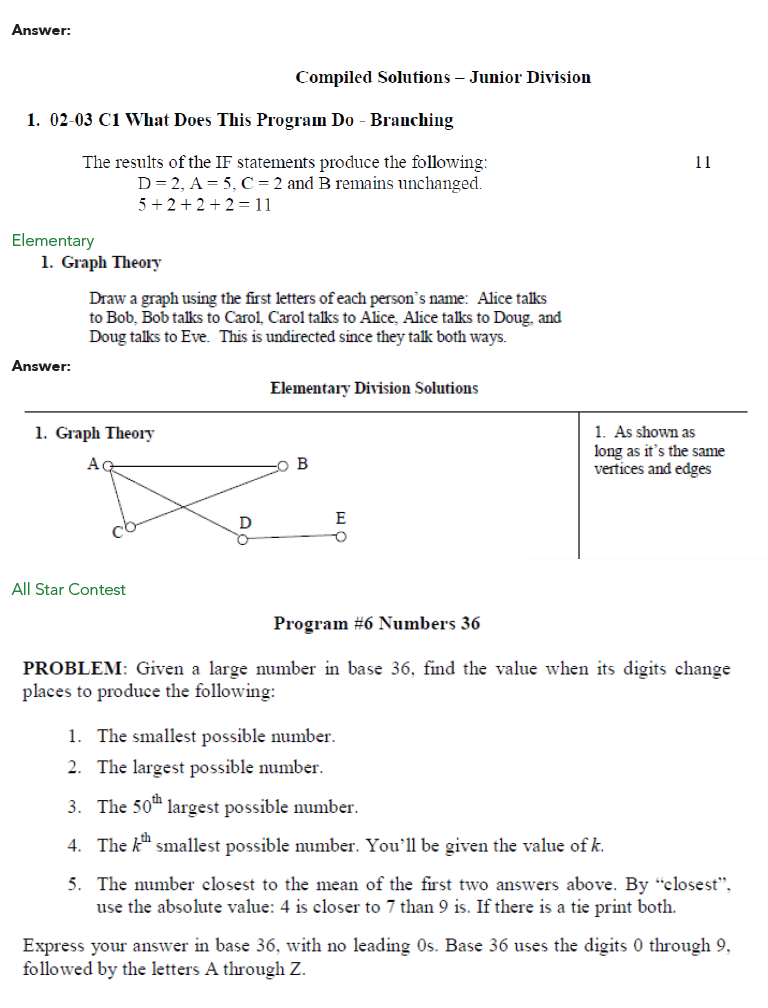


FAQ
C # / Mono, C11 / gcc, GNU C++11/g++, Go, Haskell / ghc, Java JDK 11.0.10, Java OpenJDK 8, Javascript / nodeJS, Kotlin, Pascal / fpc, Perl, PHP 7.2, Python 2/CPython, Python 3.10/CPython, Python 3.8/CPython, Python 3/CPython, Ruby, Rust, Visual Basic.

